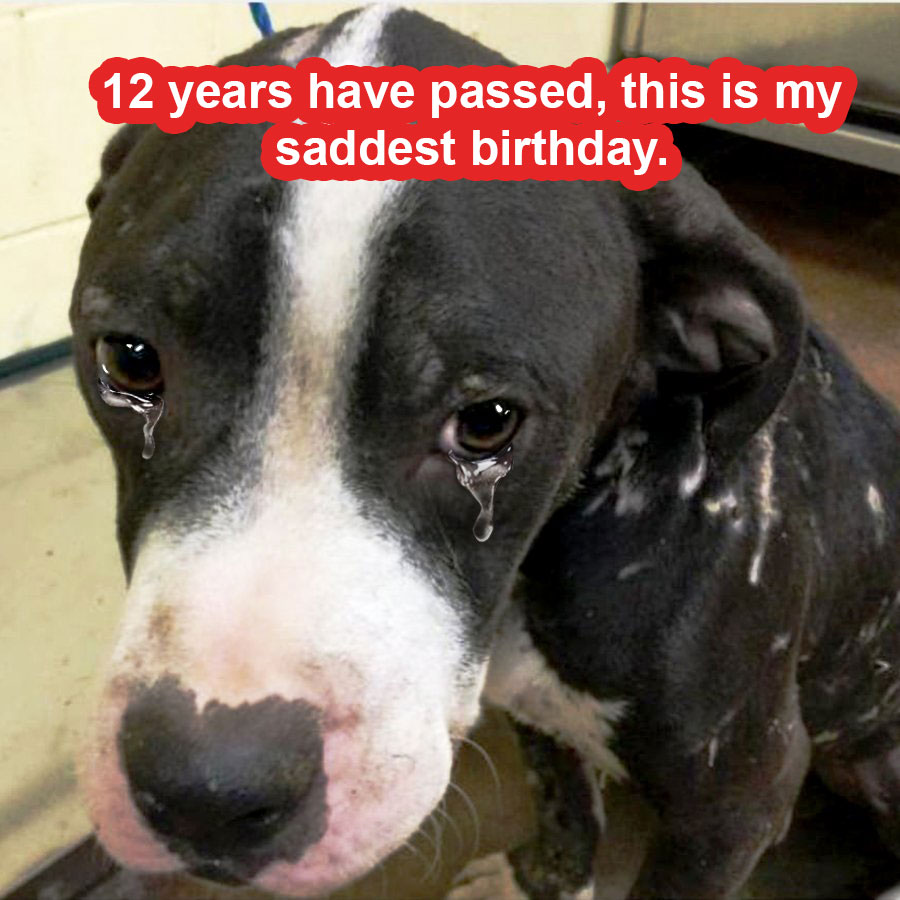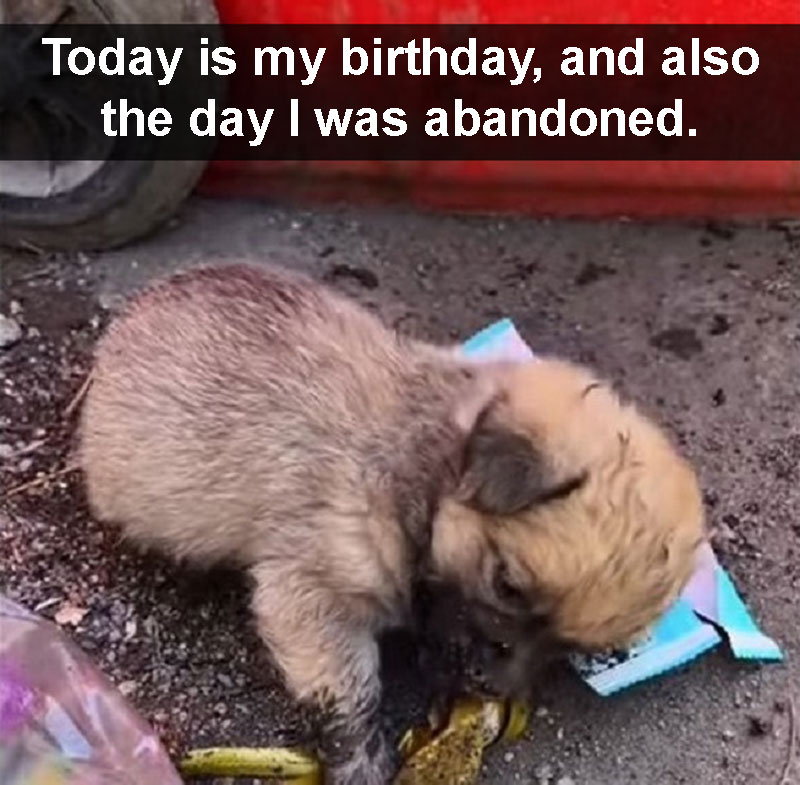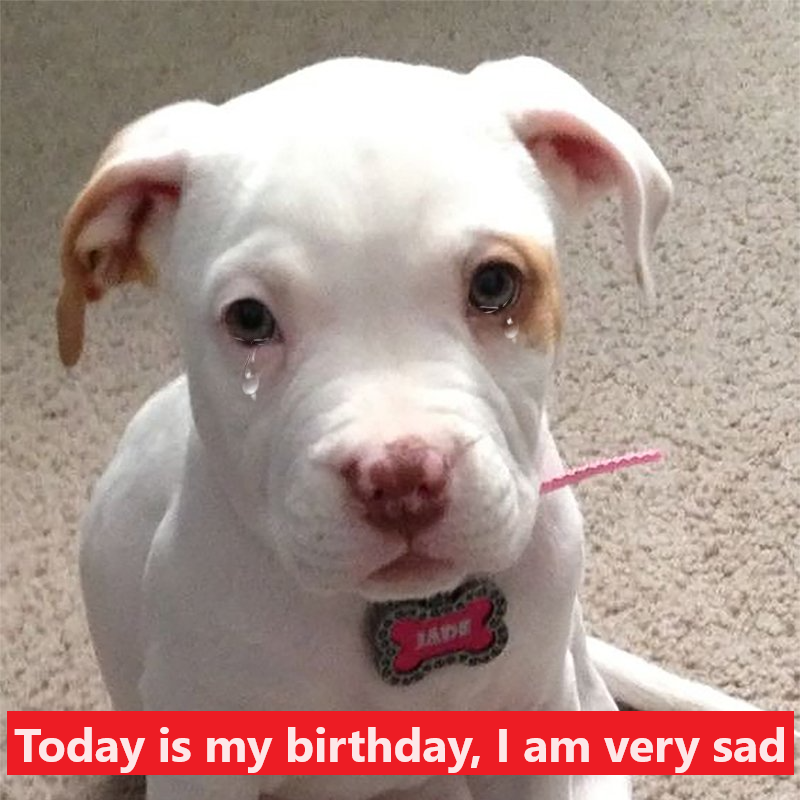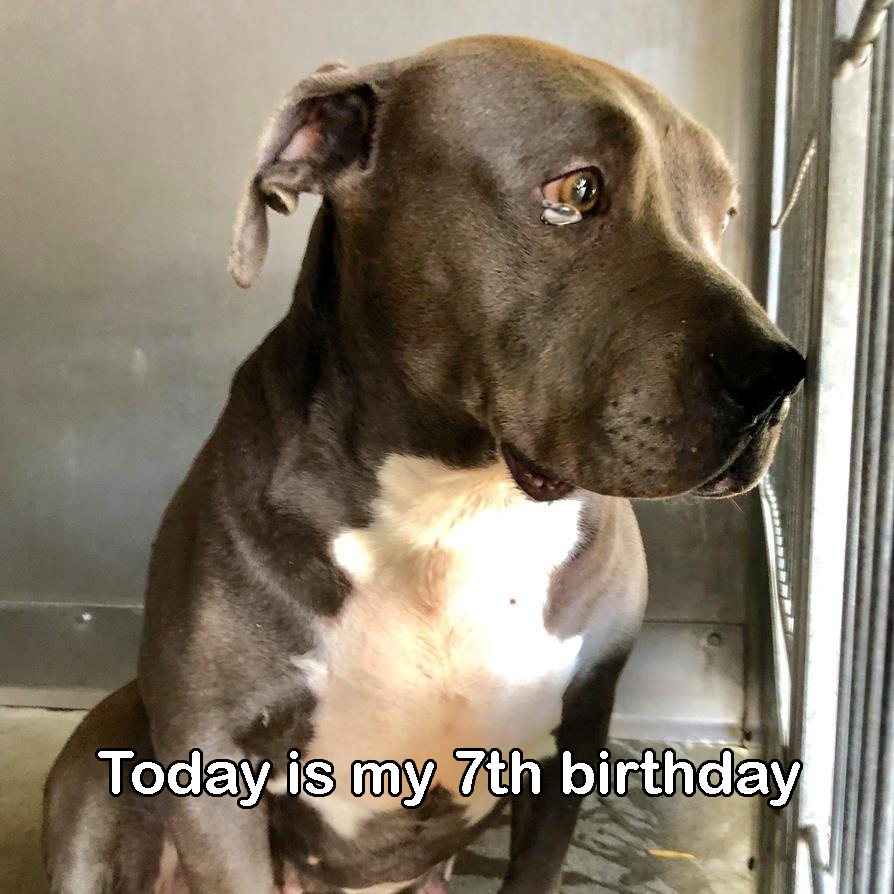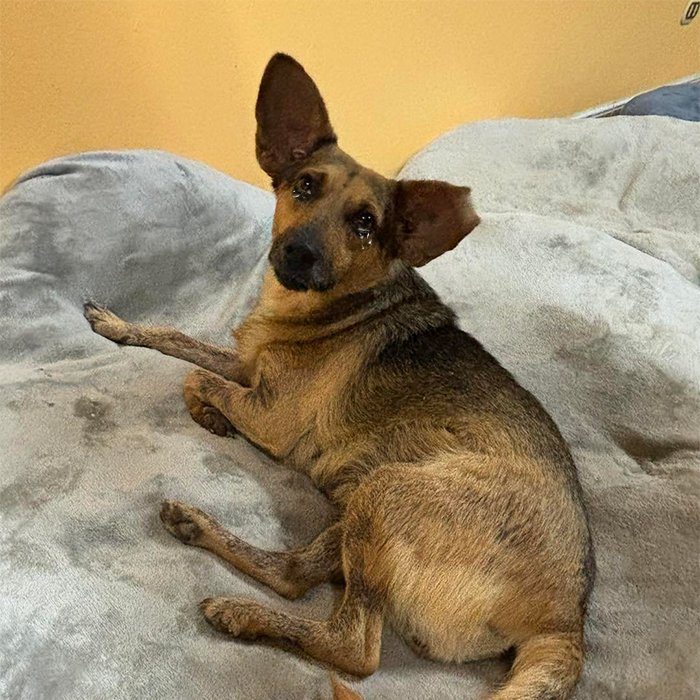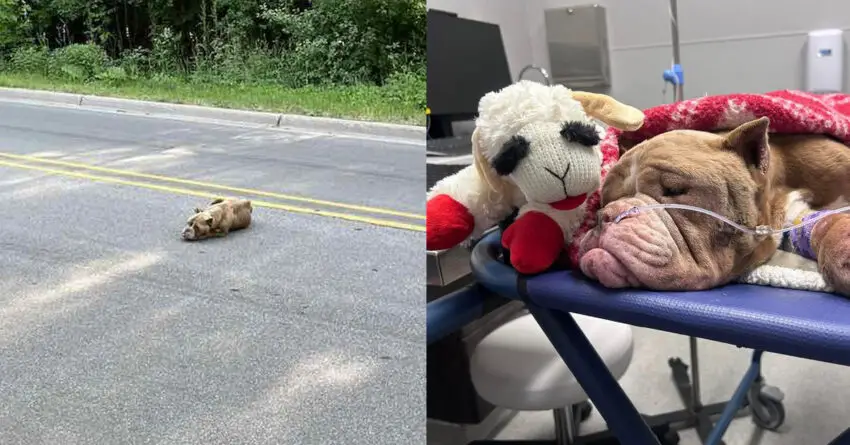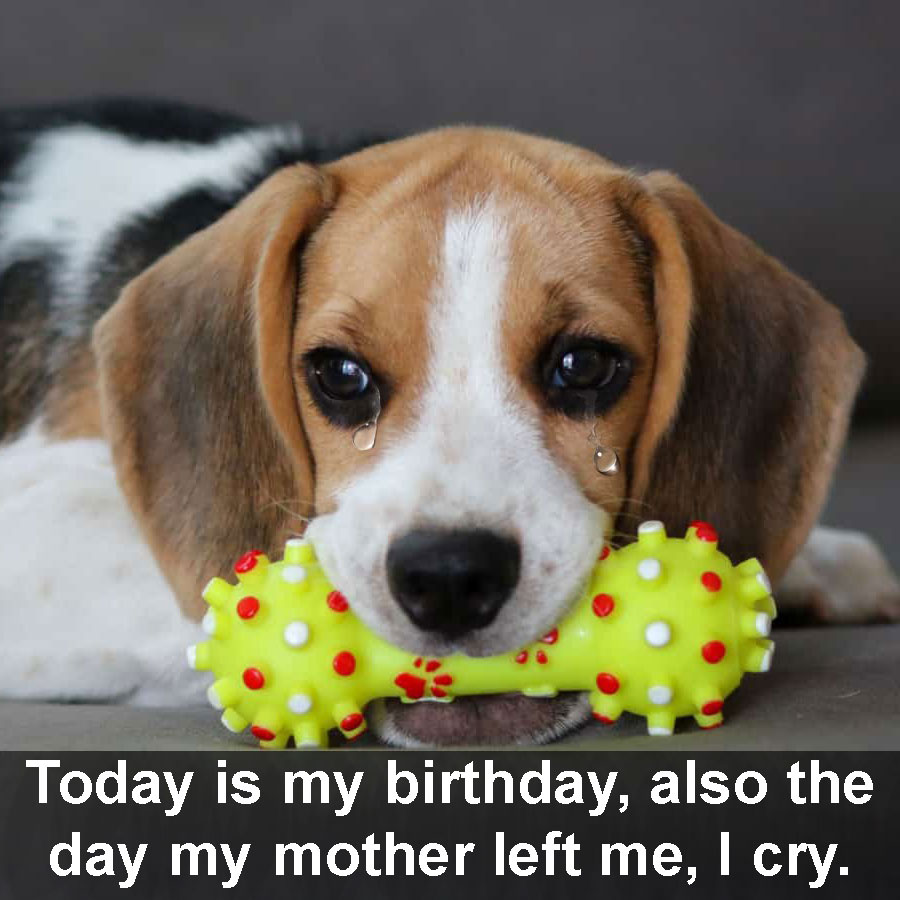Table of Contents
ToggleThe island of Bali, renowned for its stunning landscapes and vibrant culture, is also grappling with a significant issue: a growing population of stray dogs and cats. This problem has become increasingly pressing, as the number of abandoned and neglected animals continues to rise. Local organizations, such as Little Steps Matter, have taken on the crucial task of addressing this crisis. They work tirelessly to rescue these animals, offering them a chance at a better life. Despite their efforts, the challenge remains daunting, and the need for continued support is evident.
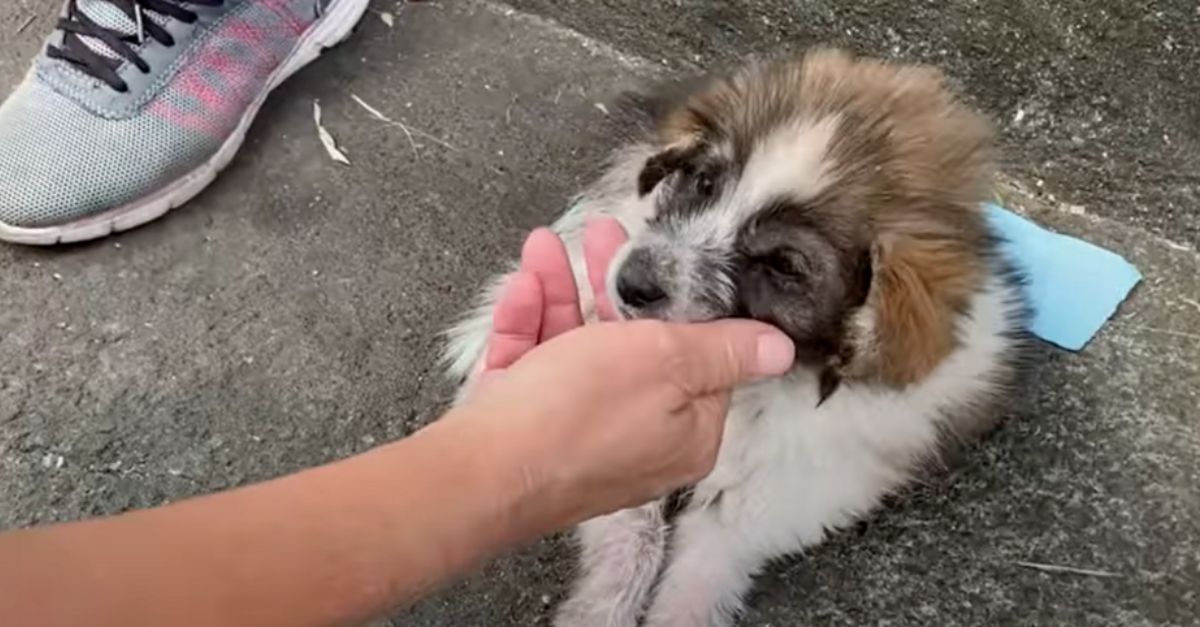
Abandoned Puppy Near Death Now Helps Children and Pets in Need
A Miraculous Rescue: Casey’s Story
In April 2021, the dedicated team from Little Steps Matter encountered a tiny, abandoned puppy in the parking lot of a local market. The sight of this weak, dehydrated, and malnourished pup, with no mother in sight, was heartbreaking. The puppy, later named Casey, was in critical condition, and her survival depended on immediate intervention.
The rescuers acted swiftly, providing Casey with food and water right on the spot. Despite her extreme weakness, Casey exhibited a remarkable will to live. She consumed the food and water with an urgency that hinted at her determination to survive. According to Sabine Kaufmann, the founder of Little Steps Matter, Casey’s fighting spirit was evident from the beginning: “She wanted to live.”
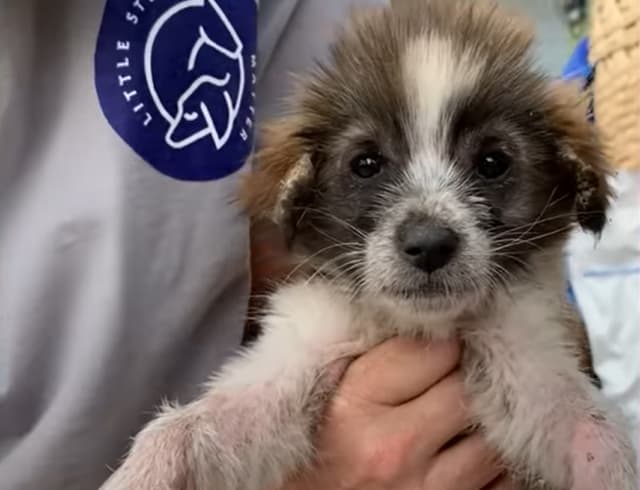
A Miraculous Rescue: Casey’s Story
Casey was transported to Bali Central Vet, where she received intensive care. The vet team worked around the clock to address her severe dehydration, malnutrition, and parasitic infections. Her skin was sore and cracked, a testament to the neglect she had endured. For the first few days, her condition was touch-and-go, but Casey’s resilience and appetite gave hope. After just four days of dedicated care, Casey began to show signs of recovery. She stood on her own, her tail started wagging, and her overall health improved significantly.
Embracing a New Life
Casey’s recovery was swift and remarkable. With her health restored, Casey was ready to embark on a new chapter in her life. She was adopted by Olga Zure and her son Fedor, who were immediately drawn to her despite her small size and frail condition. Olga described her initial connection with Casey: “I actually felt something for her from the very first look.”
Casey quickly adapted to her new home, making up for the time she lost in recovery by energetically exploring her new surroundings. She delighted in playing in the family’s yard, getting to know her three new feline siblings, and even learning to ride on Olga’s motorbike. This new mode of transportation became her gateway to Bali’s stunning beaches, where Casey could run freely and enjoy her new, joyful life.
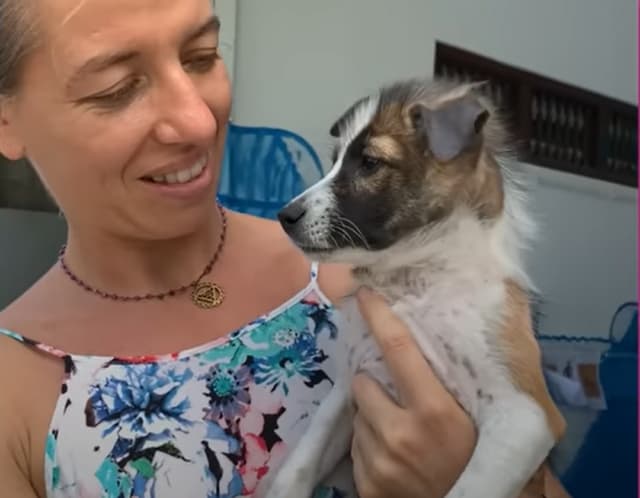
Embracing a New Life
Casey’s Role in Inspiring Compassion
Casey’s story did not end with her adoption. As she settled into her new life, Olga saw an opportunity for Casey to contribute to a greater cause. As a teacher and founder of Twin Flame School, Olga introduced Casey to her students. Casey’s presence at the school was more than just a source of joy; it became a powerful tool for teaching compassion and kindness.
Every day, Casey accompanies Olga to school, where she greets the children and becomes an integral part of their learning experience. Olga observed the positive impact Casey has on the students: “Casey is the soul of the school. She teaches them kindness. How to be gentle.” Through her interactions with the students, Casey helps instill a sense of empathy and responsibility towards animals. The children not only enjoy playing with Casey but also learn valuable lessons about caring for and advocating for animals in need.
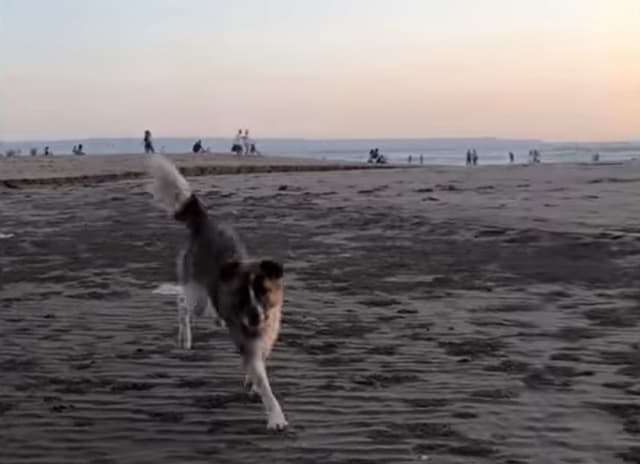
Casey’s Role in Inspiring Compassion
In summary, Casey’s journey from a neglected stray to a beloved member of a family highlights the profound impact that rescue efforts can have on individual animals. Her story also underscores the importance of fostering compassion in the next generation. Thanks to the dedication of rescuers like Little Steps Matter and the thoughtful integration of Casey into educational settings, there is hope for a brighter future for both stray animals and the communities that care for them.














